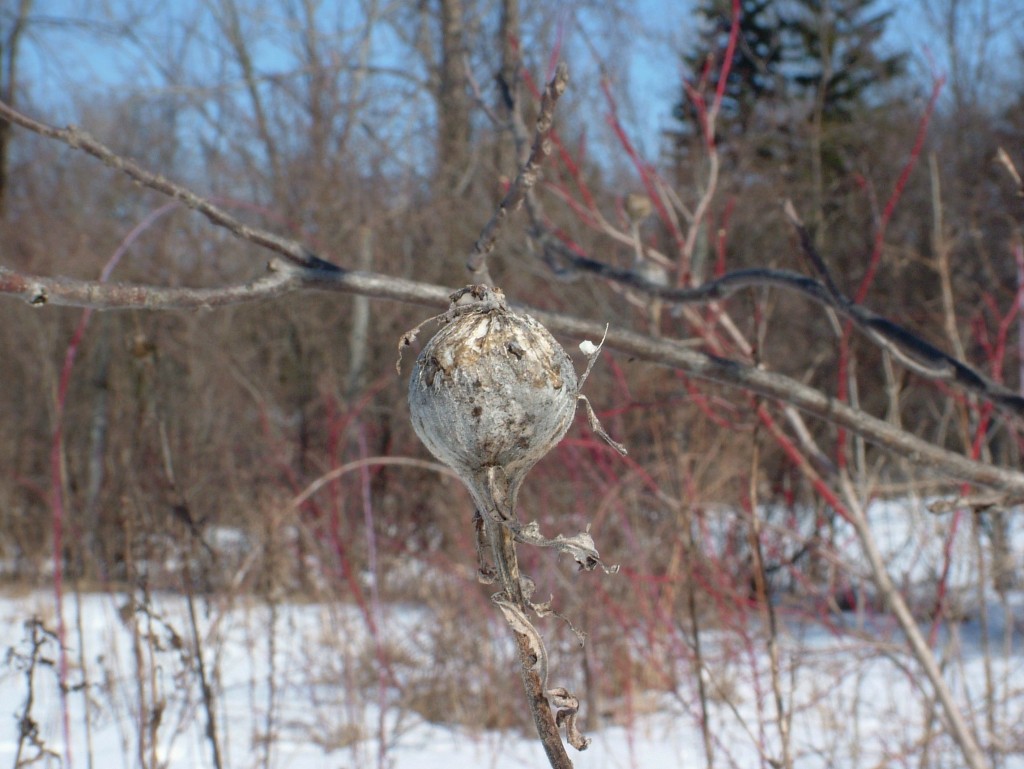The many roles of fat for overwintering insects
Brent Sinclair
Department of Biology, Western University, London, ON, Canada
Temperate, polar, and alpine insects generally do not feed during overwintering, and as a result they must manage stored energy reserves to fuel overwintering metabolism, as well as the energetic demands of development and (in many cases) reproduction in the spring. I will first examine the accumulation, use, and conservation of fat reserves in overwintering insects. Next I will delve into these fat reserves as a dynamic pool of their constituents, and explore the ways insects modify fats to facilitate their selective consumption or conservation. Finally, I will explore other potential roles for fats in overwintering insects. Acetylated triacylglycerols remain liquid at low temperatures and interact with water molecules, providing intriguing possibilities for a role in cryoprotection. Similarly, antifreeze glycolipids may play an important role in structuring water and ice during overwintering. There are several currently unexplained fat-related phenomena in overwintering insects; I will discuss one of these – the accumulation of large quantities of free fatty acids – and speculate on potential new directions for exploring the importance of fat during the winter.









You must be logged in to post a comment.